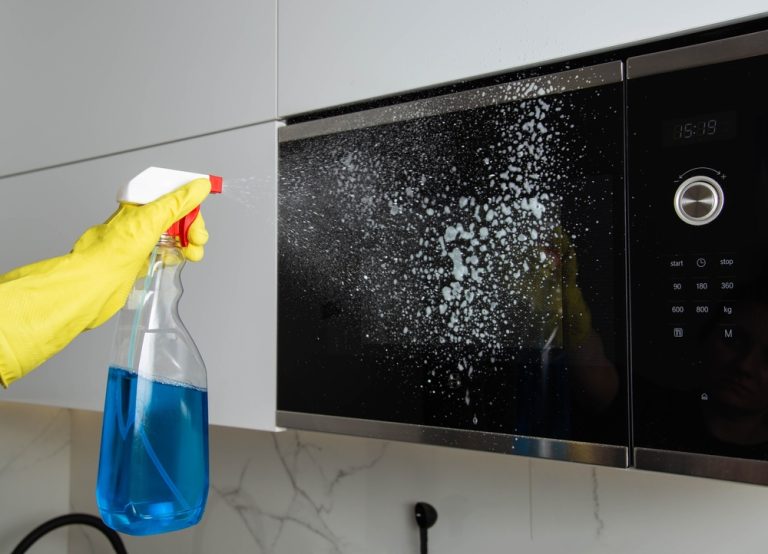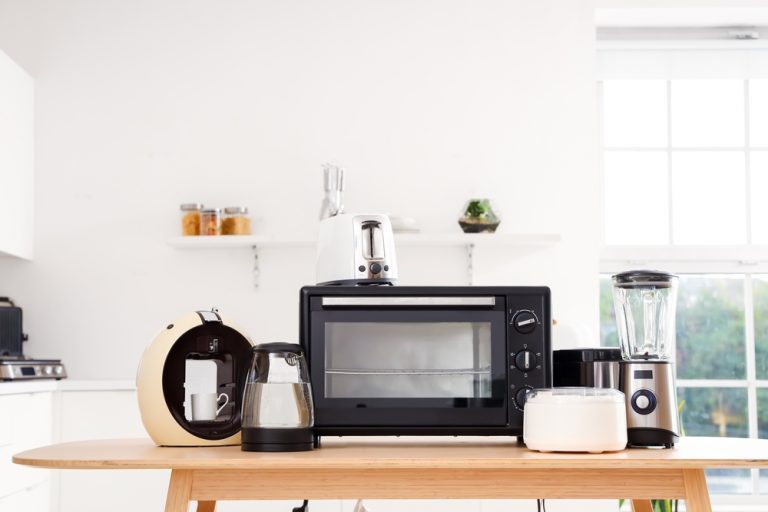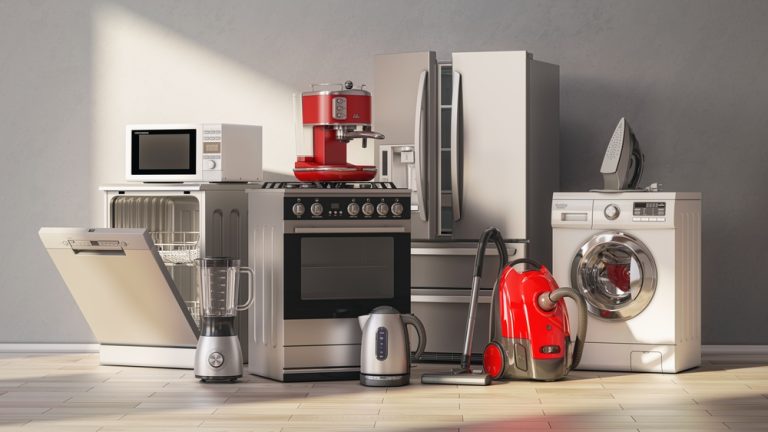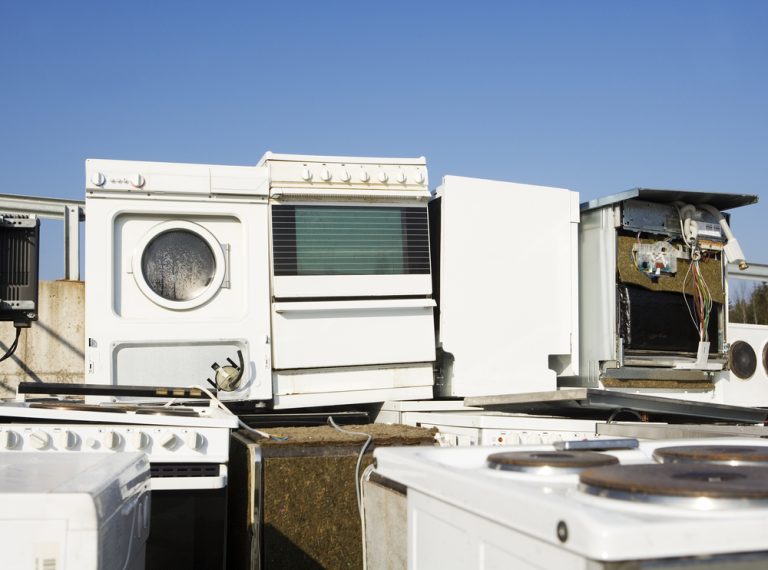Are Kitchen Appliances Tax Deductible?
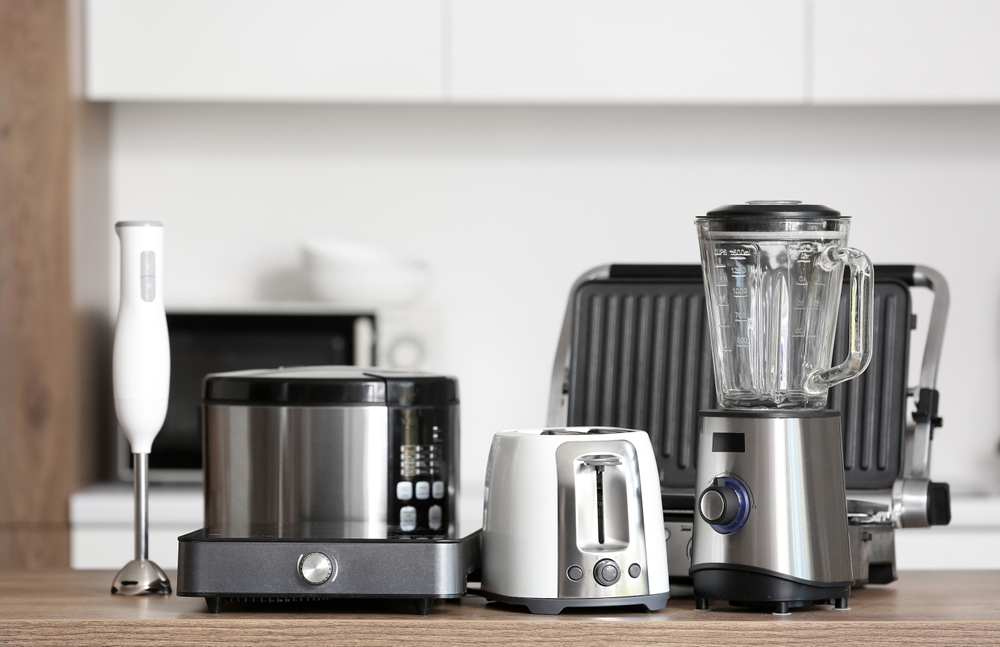
Tax deductions are a valuable way to reduce your taxable income, and homeowners are often curious about what qualifies as a deductible expense. A common question is, are kitchen appliances tax deductible? Understanding how and when these appliances can qualify for deductions depends on several factors, including the purpose of the purchase, where they are installed, and whether they are part of a larger home improvement project.
In this blog, we will explore the circumstances under which kitchen appliances may be tax-deductible, the types of deductions you might qualify for, and how to approach these deductions correctly.
When Are Kitchen Appliances Tax Deductible?
Before diving into the specific tax rules, it’s important to note that kitchen appliances are not typically tax deductible for personal use in most situations. However, there are specific instances where they may qualify for deductions:
Energy-Efficient Appliances
One of the primary ways kitchen appliances may be tax deductible is through energy-efficient tax credits. The federal government has programs that offer tax incentives to encourage energy efficiency. If you purchase an energy-efficient refrigerator, dishwasher, or other kitchen appliances, you may qualify for tax credits under the Energy Star program.
Energy Tax Credit: Appliances that meet Energy Star standards can qualify for energy tax credits. The Internal Revenue Service (IRS) provides these credits to homeowners who invest in energy-efficient appliances. Always check whether your appliance is certified under the current tax year’s requirements.
Home Office Use
If you’re using part of your home for business purposes, such as a home office or running a home-based business, certain kitchen appliances may qualify for a tax deduction. In these cases, appliances that are used for business-related purposes can be considered a business expense.
Example: If you own a rental property, and the property has a kitchen that you upgrade with new appliances, you may be able to deduct the cost as a business expense. This is particularly relevant for landlords who rent out properties and need to replace or upgrade appliances as part of maintaining the property.
Also Read – 8 Must-Have Appliances for Kitchen
Energy-Efficient Tax Credits
The most common way that kitchen appliances are tax deductible is through energy efficiency incentives. The government encourages homeowners to adopt more energy-efficient solutions by offering federal tax credits for qualifying appliances.
What Is Eligible?
The federal Residential Energy Efficient Property Credit provides a tax credit for homeowners who purchase and install energy-efficient appliances that meet Energy Star standards. These include items like refrigerators, dishwashers, and more, provided they contribute to energy savings.
How Much Can You Deduct?
The amount of the credit varies based on the type of appliance and its energy efficiency. Typically, you can receive a percentage of the cost back in the form of a tax credit, but you must verify your eligibility based on current tax laws.
To claim the energy-efficient appliance tax credit, you’ll need to keep your receipts and any certification or documentation that proves the appliance qualifies under the tax code.
Are Appliances Part of a Home Improvement Deduction?
If you’re making significant renovations or improvements to your home, the cost of kitchen appliances may be tax deductible as part of a broader home improvement project. However, there are specific rules surrounding this.
Capital Improvements
Capital improvements are defined as permanent changes that increase the value of your home. Replacing kitchen appliances as part of a renovation could be considered a capital improvement. These expenses may not reduce your taxes in the year of purchase but could provide tax benefits when you sell the home.
- Capital Gains Tax: When you sell your home, you may be subject to capital gains tax if the value of your home has increased. The IRS allows you to subtract the cost of capital improvements, including kitchen appliances, from the gain, potentially lowering the amount of tax you owe.
- Qualifying Projects: For kitchen appliances to be considered part of a capital improvement, they must be part of a broader project that enhances the functionality or longevity of your home. For instance, a full kitchen remodel that includes new appliances would likely qualify.
Home Office and Rental Property Deduction
For homeowners using part of their house as a home office, certain deductions apply, but they depend on the percentage of the house that is used for business purposes. If the kitchen is considered part of the business area, then expenses related to kitchen appliances can be included in business deductions.
- Rental Property: If the home or part of it is rented out, and you purchase new kitchen appliances for the rental unit, those purchases may be tax deductible as part of maintenance or upgrades for the rental property. These costs can generally be deducted in the year of the purchase as part of your business expenses.
Depreciation of Kitchen Appliances
In some cases, kitchen appliances that are used for business purposes, such as in a rental property, may be deducted over time through depreciation. Depreciation allows you to deduct a portion of the cost of an asset each year over its useful life.
How It Works
Instead of deducting the full cost of the appliance in the year you purchase it, you spread the deduction over several years. The IRS sets specific depreciation schedules based on the type of asset. Kitchen appliances typically fall under the category of property that can be depreciated over five years.
Depreciation for Rental Property
Landlords can claim depreciation for kitchen appliances in rental units. This can provide a steady tax deduction over several years, helping to reduce taxable income from rental properties.
What Is Not Deductible?
While there are opportunities for kitchen appliances to be tax deductible in certain circumstances, it’s important to remember that appliances for personal use are generally not tax deductible. For instance:
- Primary Residence: If you buy a new dishwasher or refrigerator for your primary residence without any connection to energy efficiency or home office use, those costs are considered personal and are not deductible.
- Routine Maintenance: Regular maintenance or replacing old appliances with new ones for personal convenience does not qualify as a deductible expense unless it meets specific energy-efficient or business-use criteria.
How to Claim Deductions for Kitchen Appliances?
To ensure you can claim deductions for kitchen appliances that are tax deductible, follow these steps:
- Keep Records: Always maintain accurate records of your appliance purchases, including receipts, warranties, and any certifications (such as Energy Star labels) that demonstrate the appliance’s energy efficiency.
- Consult a Tax Professional: Tax laws can be complex, and the eligibility criteria for deductions may change year to year. A tax professional can help you navigate the specifics of your situation and ensure you maximize your deductions.
- File the Correct Forms: Depending on the deduction, you may need to file specific IRS forms, such as Form 5695 for energy-efficient appliances or Form 4562 for depreciation of business assets.
Conclusion
So, are kitchen appliances tax deductible? The answer depends on several factors, including whether the appliances are energy-efficient, used for business purposes, or part of a larger capital improvement. While personal-use appliances typically do not qualify, there are opportunities to claim deductions or credits if your situation meets the right criteria. Be sure to keep detailed records and consult a tax professional to ensure you’re taking advantage of all applicable deductions.


